
In a report released by the UN Human Rights Committee (UNHRC), the United States was found to be in violation of previously established human rights law. The International Covenant on Civil and Political Rights was placed into effect in the mid-1970s as international law and the U.S. has failed to uphold it with practices including torture in Guantanamo Bay, drone strikes and massive surveillance practices.
The U.S. has already broken United Nations charters multiple times with military interventions in the Middle East.
Bulk data collection however, has become one of the major domestic human rights violations following Edward Snowden’s whistleblowing of the NSA program. The UNHRC urged the U.S. to remove their surveillance program, as it is a major violation of the right to privacy.
Moreover, the surveillance spotlight in the U.S. is not limited to the NSA. The UN Congressional Intelligence Committees have addressed surveillance by executive agencies in the past, but have failed to produce any action—until just recently.
The Senate Intelligence Committee, tasked with overseeing intelligence agencies in the executive branch such as the National Security Agency and the Central Intelligence Agency, have made allegations that the CIA spied on computers that the committee had used. The allegations have thus sparked ongoing conflict between the two branches of government and human rights advocates are stepping into the ring.
A 6,300 page long Senate Intelligence Committee report on the CIA “enhanced interrogation” program is waiting to be voted on for release. The report covers highly controversial interrogation tactics and is expected to be sent to President Barack Obama’s desk for approval to be publicly released. The Senate Intelligence Committee’s Chairwoman, Dianne Feinstein (D-Calif.) has also said there is currently enough support for the vote to pass; however, the official vote is set to occur later in the week.
Concerning the release of the controversial report, President Barack Obama stated, “I would urge them to go ahead and complete the report and send it to us, and we will declassify those findings so that the American people can understand what happened in the past.”
– Jugal Patel
Sources: Politico, The Huffington Post, Foreign Policy, The Guardian, The Washington Post
Photo: Popular Resistance

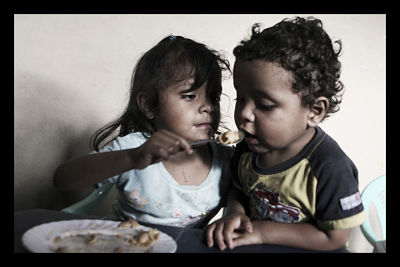
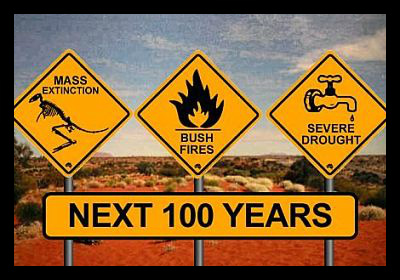
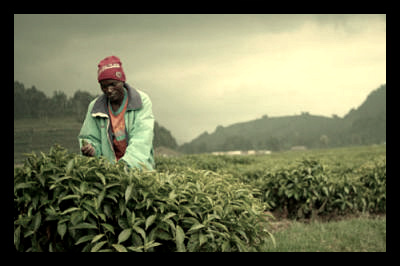
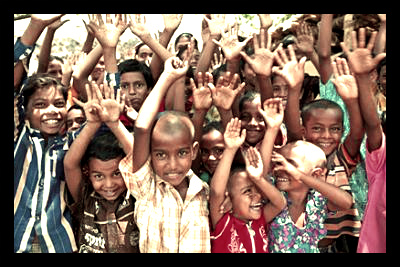
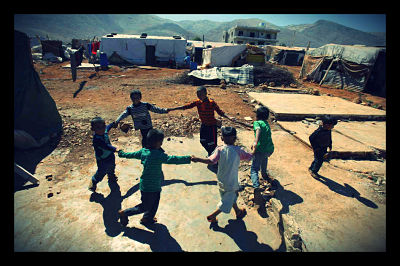
 The three-day assault on the West Gate shopping mall in Nairobi, Kenya has been a jolt to the UN, jerking their attention back to central Africa, and particularly the
The three-day assault on the West Gate shopping mall in Nairobi, Kenya has been a jolt to the UN, jerking their attention back to central Africa, and particularly the 